FCC's latest mid-band auction ends with T-Mobile expected to be the big winner
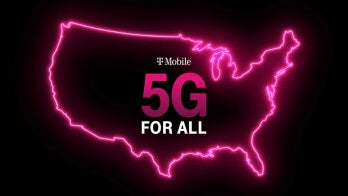
Exactly one week ago today, we told you that the FCC was auctioning off 2.5GHz mid-band spectrum similar to the airwaves that T-Mobile coveted leading to its $26 billion purchase of Sprint. The latter had a hoard of 2.5GHz spectrum that turned out to be perfect for 5G. The signals travel longer distances than mm Wave making them more accessible to 5G compatible handsets. While not as fast as mmWave signals, they do deliver download data speeds up to 10 times faster than low-band 5G.
FCC Auction 108 raises only $428 million for 2.5GHz mid-band spectrum licenses
When Verizon and AT&T decided to work on their 5G mmWave service first, it was a major strategic blunder on their part because those signals only travel short distances which means that finding a 5G mmWave connection is like finding a needle in a haystack. Additionally, mmWave signals are easily blocked by trees, structures, and other things in the way of the signal's path.
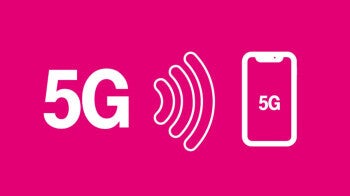
T-Mobile is arguably the 5G leader in the U.S.
Without mid-band spectrum, Verizon and AT&T spent over $68 billion at an FCC auction of C-band licenses. The C-band is made up of mid-band frequencies allowing both T-Mobile competitors to copy its triple-layer cake setup. That calls for mmWave at the top, mid-band in the middle, and low-band as the bottom layer. Even after Verizon and AT&T spent all that money on C-band licenses, you would have thought that they would be all over the 2.5GHz auction like white on rice.
Auction 108 has ended and according to Fierce Wireless, the auction raised only $428 million. This was not totally unexpected though since the licenses up for bids were for frequencies that were not being used creating "gaps" in the spectrum. Many of the licenses adjacent to these gaps are owned by T-Mobile leaving potential bidders concerned about possible interference.
Sasha Javid, COO of BitPath and a former chief data officer with the FCC said, "It is also likely true that no nationwide bidders other than T-Mobile were participating in any meaningful way in this auction." T-Mobile did have a bidding advantage since the FCC did not require the company to reveal its existing lease deals on its 2.5GHz holdings. That info was an important piece of information to know and only the wireless firm had that data.
Javid also said that existing Educational Broadband Service (EBS) licenses also could limit the attractiveness of some of these licenses. This eliminated the chance that we would see billions of dollars bid as was seen in the C-band auction last year.
7,872 mid-band licenses were sold in the auction with 145 licenses unsold
T-Mobile is expected to win most of the licenses up for bids as the wireless provider, arguably the top 5G carrier in the states, seeks to close gaps in its mid-band spectrum. The FCC said that it will announce the results of Auction 108 soon. 82 companies took part in the auction including Verizon (under the name Cellco Partnership) and AT&T, both of which we assume were not as aggressive as they were in the C-band auction.
Dish Network (under the name Carbonate Wireless) was also involved in the auction. This brings to mind an interesting piece of trivia. You might recall that T-Mobile spent $8 billion in 2017 on the FCC's 600MHz low-band auction. It was a major win for the carrier which now uses the spectrum for its low-band 5G nationwide network. But what you might not remember is that Dish Network was the second largest bidder at $6.2 billion and that was before Dish Wireless was a gleam in Dish Chairman Charles Ergen's eyes.
With the auction over, 7,872 licenses were sold leaving 145 licenses unsold. While it might not be unusual to have some frequencies go unsold, some of the licenses that did not receive a winning bid covered large areas such as Cook County, Illinois, which covers Chicago, and Harris County, Texas, which includes Houston.

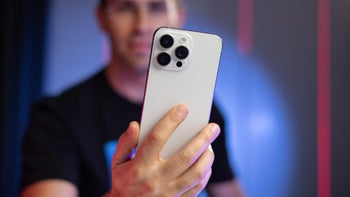


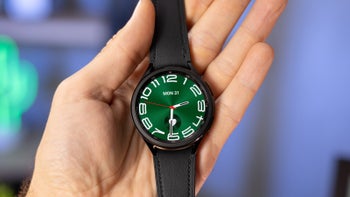
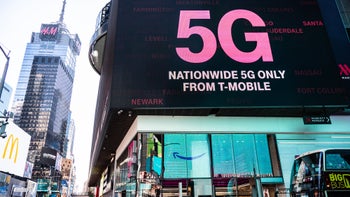
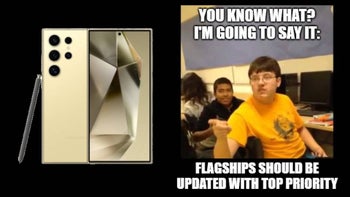
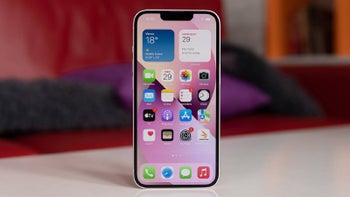
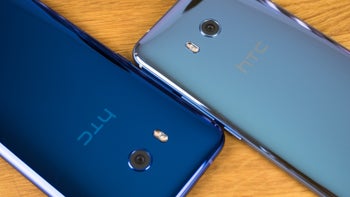
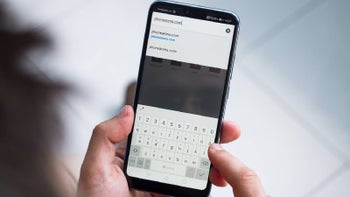

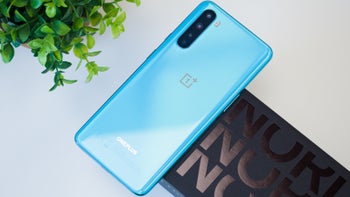

Things that are NOT allowed: